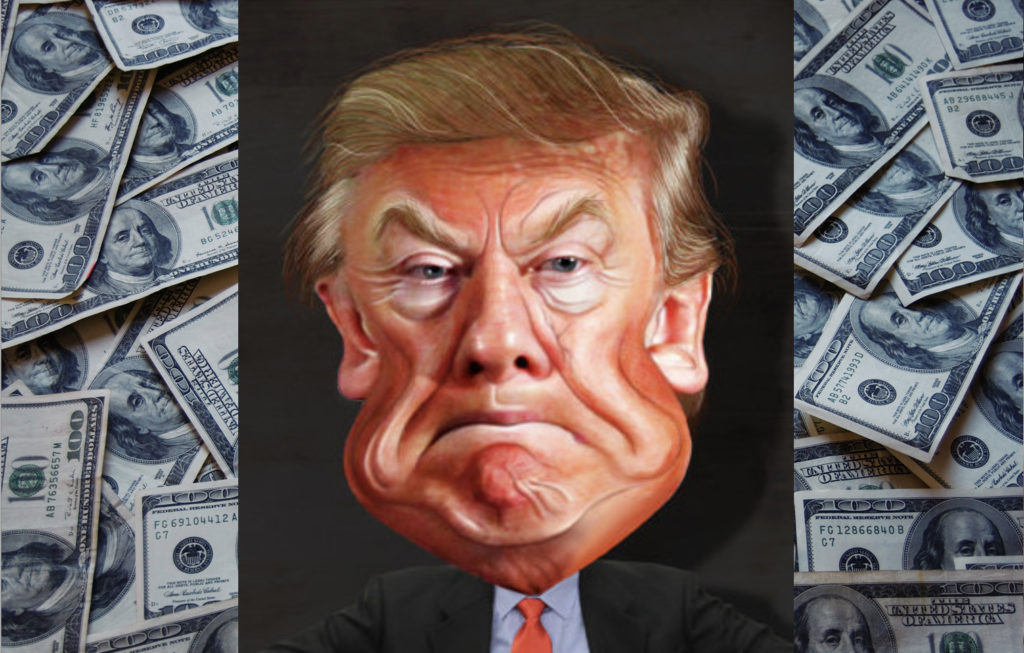New York State is “vigorously pursuing” Donald Trump’s newly exposed tax fraud

This afternoon the New York Times dropped such a profound bombshell of a story that it uniquely stood out, even in an era of frequent bombshells. Donald Trump’s entire financial life has been exposed as a lie, and much of it has been a criminal lie. The question of course is what might be done about it as a result. When the story first broke, Palmer Report suggested that New York State could quickly pounce on the opportunity to go after Trump’s assets.
Now the New York State Department of Taxation and Finance is already making a public statement on the matter, saying to CNBC that “The Tax Department is reviewing the allegations in the NYT article and is vigorously pursuing all appropriate avenues of investigation.” It’s not uncommon for agencies to make statements in response to breaking news stories. But this is no boilerplate response; they’re making a point of using the word “vigorously” here. So what happens next?
Any statute of limitations on criminal prosecution may be irrelevant, at least for now, because it’s not as if New York State can simply arrest Donald Trump while he’s still in office. But there is no statute of limitations on levying financial penalties for tax fraud. Considering how many different counts of tax fraud Trump has committed here, and how much of his wealth is based on that tax fraud, New York should be able to go after sizable chunks of his money.
Keep in mind that Donald Trump is, rather obviously, debt ridden and cash-poor. Even if you own billions of dollars in assets, it doesn’t necessarily mean you have enough cash on hand to pay massive financial penalties. In such case, you’d have to sell off some of your assets in order to raise the cash to pay the fines. But you can’t profitably sell an asset if you owe more money on it than it’s worth. If Trump can’t pay his fines, he could be facing asset forfeitures – even while he’s still in office.
